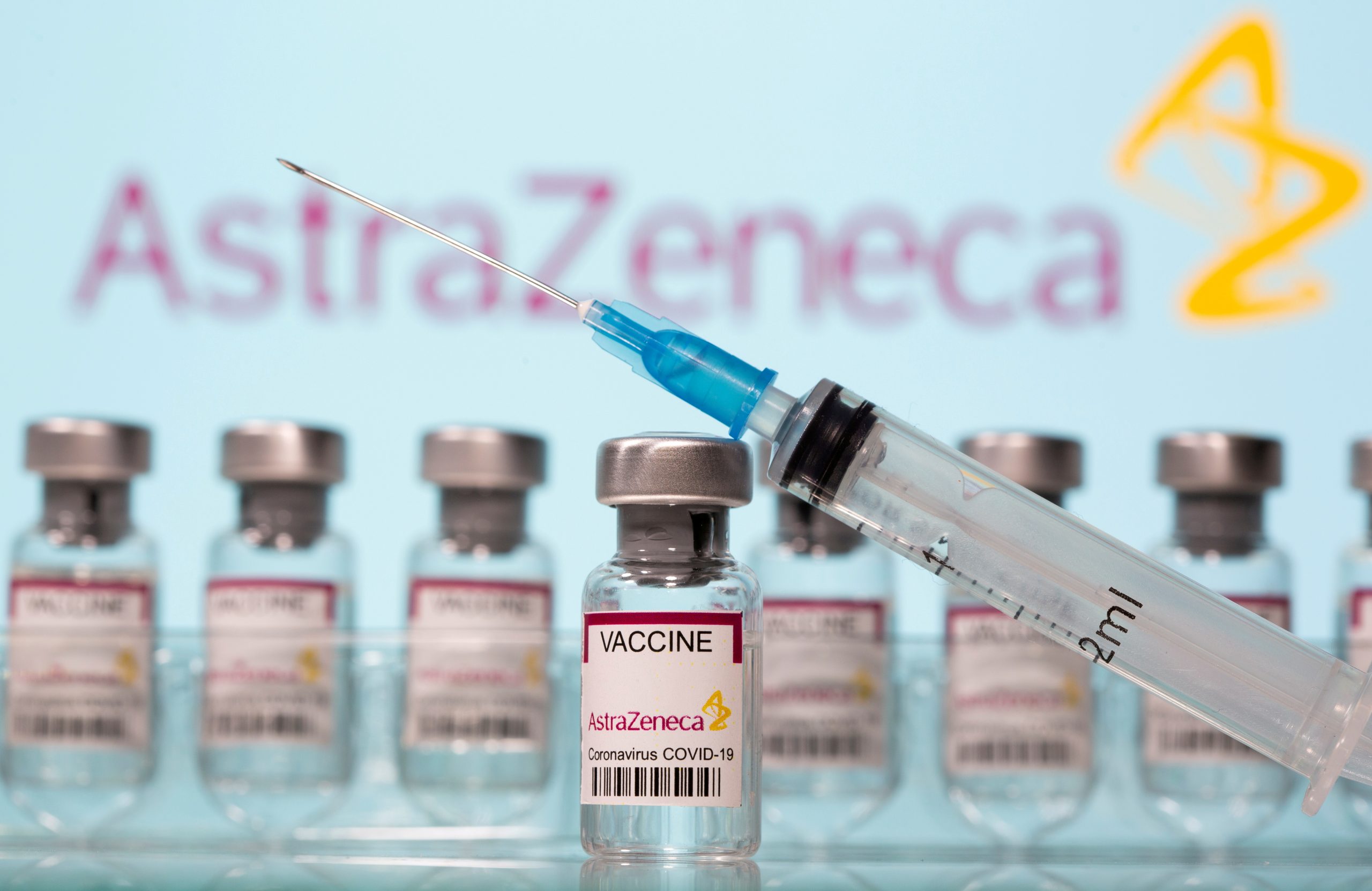
Michael Cardinal, FISM News
[elfsight_social_share_buttons id=”1″]
The AstraZeneca vaccine, one of three vaccines currently used in Europe and a mainstay of developing countries, has been suspended from use in a growing number of countries. Italy, Germany, Spain, and France are among the most recent countries who have halted the use of the vaccine following concerns that it is responsible for blood clots in some individuals following vaccination.
The World Health Organization, however, is imploring that countries don’t panic and is adamant that there have been no deaths that are directly related to the vaccine. The European Union Emergency Medicines Agency regulatory committee is also standing by the drug saying that the benefit far outweighs any risks. Both agencies still plan to meet on Tuesday to consult with health experts over the concerns surrounding the vaccine.
Approximately 17 million doses of the vaccine have been administered to date, with 40 cases of blood clots having developed in potential relation to the drug. In light of these statistics, AstraZeneca has defended itself saying, “This is much lower than would be expected to occur naturally in a general population of this size and is similar across other licensed COVID-19 vaccines.”
Canada, England, Australia and Poland are among those who have continued AstraZeneca distribution despite the controversy. England has said it has “no concern” with the drug, and Poland has said that the “benefit outweighs any risks.”
The onslaught of countries who have ceased use of the drug comes after Denmark and Norway suspended use last week. Denmark reported a death of a man from a blood clot who exhibited “highly unusual” symptoms after receiving the AstraZeneca vaccine, while Denmark reported several hospitalizations of citizens with blood clots following the shot.
These developments may provide a setback for the American authorization of the vaccine, as AstraZeneca was set to apply for emergency authorization in the coming weeks. This also provides more skepticism for those who are wary of the speedy roll-out of these vaccines and possible side effects that may not have been detected in the trial runs.
The suspension of the drug comes at an inopportune time amidst surging cases across Europe. This is another setback for European countries who have struggled to distribute the vaccine in a timely fashion due to shortages along with other factors. Officials for countries who have stopped the use of the vaccine say that the moratorium is out of precaution, not politics, and will hopefully only be temporary as they assess data surrounding the drug.
